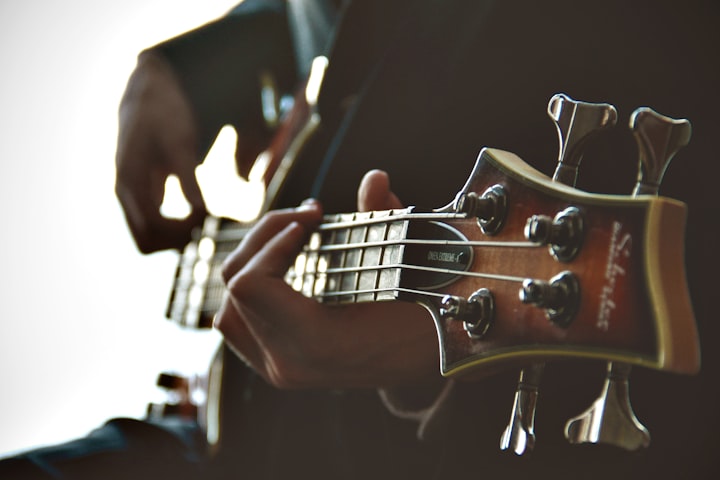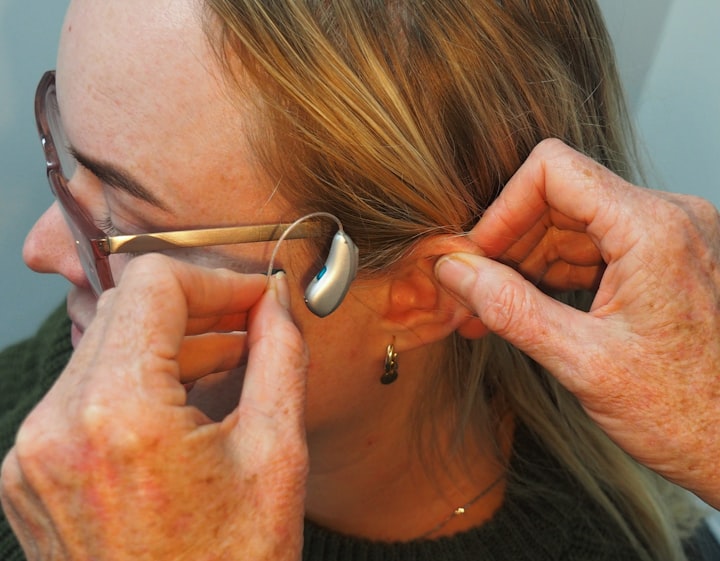Music Therapy
Listening to songs can cure diseases? Does the legendary music therapy actually work ......

Listen to songs can cure? Does the legendary music therapy work or not ......
Music therapy became a formal discipline in 1944 at Michigan State University. After more than half a century of development, music therapy has become a mature and complete fringe discipline, with hundreds of established clinical therapies and numerous theoretical schools of thought. Nearly 80 universities in the United States have music therapy programs that train bachelor's, master's and doctoral students. There are approximately 4,000 nationally registered music therapists working in psychiatric hospitals, general hospitals, geriatric hospitals, children's hospitals, special education schools, and various psychiatric clinics in the United States. Beginning in the 1970s, music therapy was introduced to Asia. Larger hospitals in Japan and Taiwan have dedicated music therapists.
When it comes to music therapy, many people will scoff, not just listening to music? I don't think listening to music every day can cure anything.
The most important thing is that you can relax your mood, so how can it have a therapeutic effect? Are you sure this is not a fantasy?
Nonono, the truth is not what you think, Chunyu Jun today is to give music therapy "correct name", do not believe you continue to read on.
Does music therapy really work?
The original origin of music therapy is to "cure disease and relieve pain", to say the least, this therapy has been around since before we were born, it first emerged in the United States in the mid-20th century.
In American military hospitals in World War II, doctors found that playing music to wounded warriors reduced the rate of infection in wounds, and at the same time, the mortality rate in the hospital was reduced.
After the war, music therapy spread to psychiatric hospitals and other medical departments, where professional musicians and psychologists were involved.
Melita Belgrave, an associate professor of music therapy at Arizona State University, says music works directly on the subjective emotional centers of the brain, such as the hypothalamus and limbic system, to regulate people's emotions in both directions.
For example, when people's emotions are "stressful" or "stressful", it will lead to an increase in adrenaline secretion, heart rate and respiration, blood pressure, blood sugar and other changes, but relaxing music therapy can make people's blood pressure, breathing and heart rate all Gradually return to normal.
How does music therapy assist in treatment?
You may ask, "Is listening to music alone the most effective way to treat an illness, given that medication and surgery are the most effective methods in hospitals?
In fact, music therapy is not a "solo" treatment from the beginning, but a "team battle" with other treatment methods. If medication is the ADC, music therapy is the "nurse".
In some long-term care facilities, mental health facilities, or hospital outpatient clinics, or even community health centers in the United States, you have the opportunity to experience the presence of music therapy. Music physical therapists work in teams with nurses, social workers, and doctors to work collaboratively to save patients' lives.
Isn't music therapy just listening to songs?
There is still a difference between music therapy and the songs we usually listen to. In the hands of a professional music physical therapist, music will be structured, systematically integrated and connected, and different kinds of music will be strictly selected for different diseases and patients.
Melita Belgrave, associate professor of music therapy at Arizona State University, says, "There are a variety of specific ways that music therapy can be done. No particular music therapy can be appropriate for everyone, so music physical therapists generally have a variety of alternative means of physical therapy."
In addition, music therapy is by no means limited to passive listening; music physical therapists also encourage patients to compose their own music.






Comments
There are no comments for this story
Be the first to respond and start the conversation.